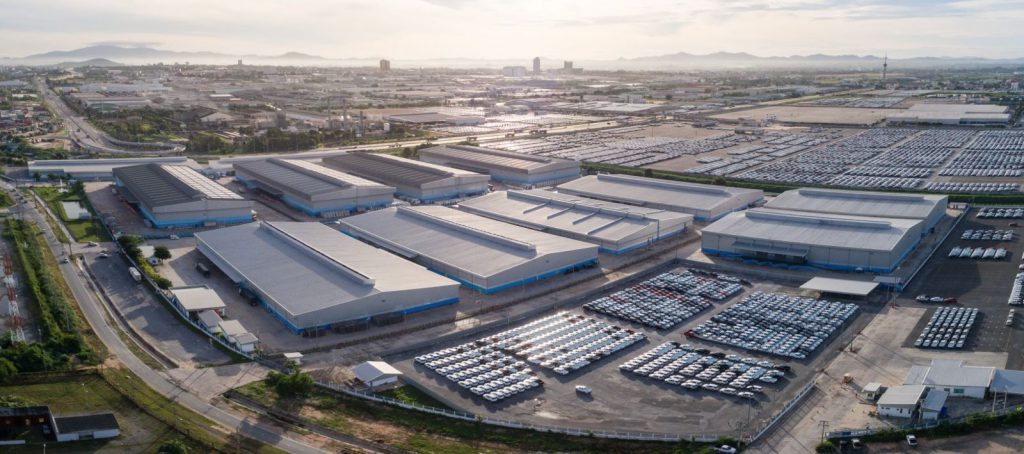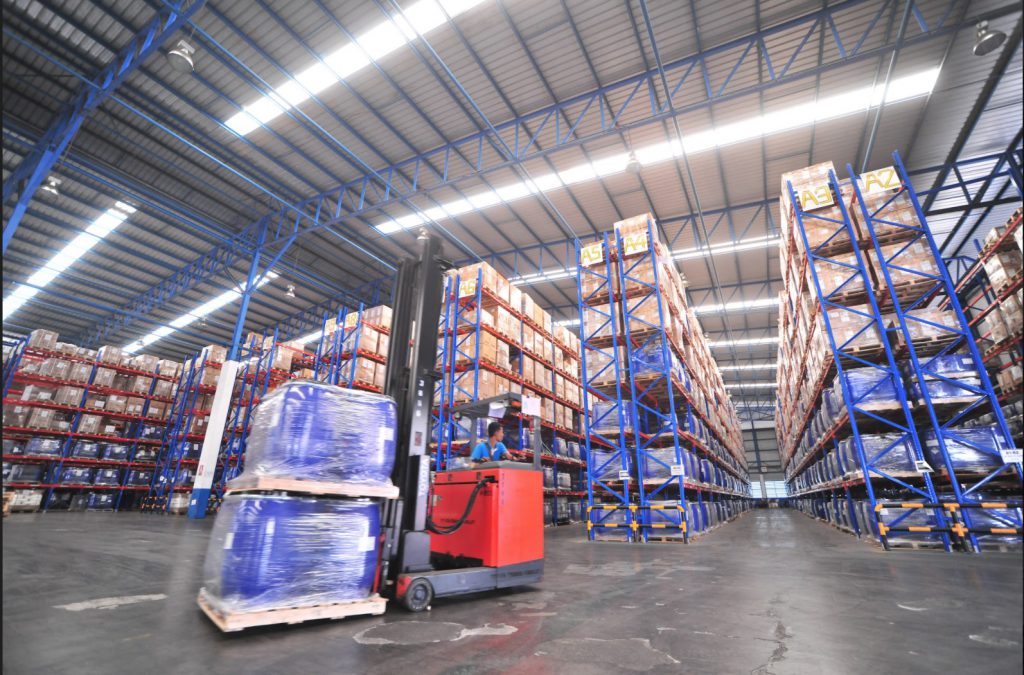THE ORIGIN AND HISTORY OF LOGISTICS WHICH YOU MIGHT NOT HAVE HEARD OF
Getting to know logistics
The frequently mentioned ‘logistics’ originated from the word ‘logistique’ or ‘loger’ in French which mean storage. Logistics in English refers to a system that transports goods, information and resources from a place of origin to a destination according to customer’s needs. Logistics involves information, transportation, stock management, raw material management and packing. Logistics is a part of the supply chain which utilises space and time to add value to goods.
Simply speaking, logistics is a process of transferring, storing and distributing goods, services or information from its place of origin to a location where there is a demand. This is done through a holistic process focusing on effectiveness and efficiency aiming at a timely delivery and reducing cost while also increases customer satisfaction and adds value to goods and services.
History and importance of logistics
Logistics management originated by the British Army far before the outbreak of the First World War where a military supply chain system was developed by building infrastructure such as; roads, railroads, ports, airfields, supply stores and vehicles to transport weapons and troops. In the United States, which started its agricultural produce distribution across the continent in the late 19th Century, there was a development of industrial goods distribution system. This eventually led to the start of the official Logistics Management Science in the US in 1964. The public sector has adapted the logistics management into their business practice up until now.
For commerce and industrial sector, logistics plays an important role in reducing costs which in turn increases profits. It is also used as an important tool in creating competitiveness as it helps create effectiveness in customer service, establish a good relationship with both internal and external customer and acts as a foundation for the business growth with a help from the speedy information technology.
To be able to execute logistics management effectively, one must combine and utilise different fields of knowledge in to one. These fields include;
- Engineering science in the field of industrial engineering
- Business management that helps take care of international transportation by considering related laws, taxation, freight, different national logistics strategy or plan and international trades. All these areas will be considered to create a plan of shipping goods to different countries.
- Information management which studies both software and hardware and combines them together to create a service that helps generate and facilitate logistics activities with greater agility.
Types of logistics management
Logistics management can be categorised into 3 main categories according to a country’s macro functions. The 3 categories are;
- Military Logistics Management
Refers to a management of military-related distribution aiming at a military victory. For instance; transportation of weapons, requisite items, medical treatment and information technology. - Engineering Logistics Management
Refers to a management of engineering distribution aiming at providing readiness of the storage and distribution system. This includes construction and maintenance of infrastructures which support land, maritime, air and pipeline transportation, storage system and information technology system. - Business Logistics Management
Refers to a management of storing and delivering persons, animals or goods from one place to the other according to a person’s need aiming at a success in business.
All of above should allow us to understand logistics more and to see that it is much closer to us than what we might have thought. We can easily say that it is basically a part of our lives and has a significant impact on the development of economy and society on a global scale.



